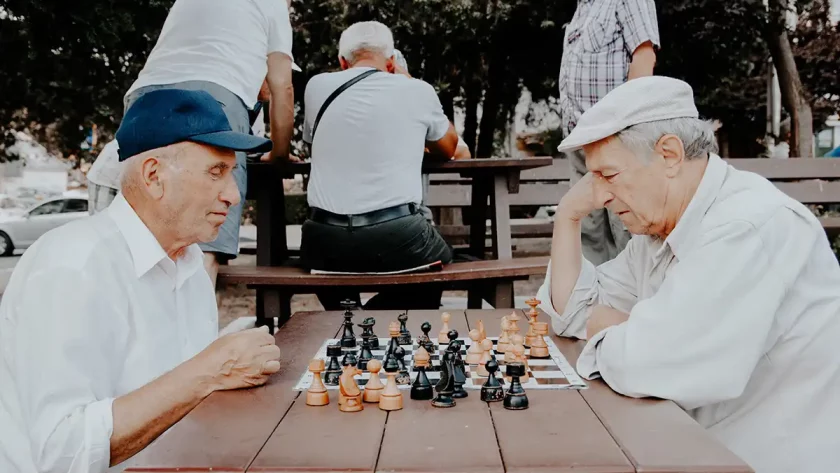As your parents, grandparents, or favorite aunts or uncles get older, your relationship with them changes. Whereas they may have taken the lead in the decision-making process regarding family matters before, you will now have to take much more responsibility in all things.
This can cause a seismic and often unwelcome change in the relationship, especially if it is triggered by a sudden physical, emotional, or mental change in their well-being. To navigate very awkward situations like this, there are some important things your need to take into consideration.
#1 The amount and quality of time you spend with them
Whereas you might have dropped in to see them once a week for a coffee and catch up or share a meal, that dynamic will probably have to change as they are now more dependent on you for their basic needs. So, you need to look at being there when it matters more – for mealtimes and at bedtimes, for example, but it’s not just about that.
You are also their son, daughter, niece, nephew, or grandchild, so you should spend time with them doing family things as well, like sitting and watching TV together, doing a crossword or jigsaw, going out for easy day trips, or even simply taking them to the store. This means you have quality time and can take some of the stress and tension out of the new arrangement.
#2 Helping them get involved in other activities
As people’s lives change, so do their interests, and you might find that a loved one who couldn’t name more than three outdoor plants 20 years ago now has an interest in gardening. In fact, it might be this interest that is helping them cope with the situation they are in at the moment.
Of course, in circumstances like these, you will want them to become more involved, so you might want to take a look around and ferry them to and from various clubs and activities. This gets them out of the house and meeting other people, which can have a massive impact on a declining emotional or mental state.
#3 Talk to the experts
You might find, though, that you are in the type of situation where their cognitive functions and memory have reduced to the point where you need to learn more from experts regarding specialist care tailored to people with memory issues and age-related mental decline. This is a monumental step, one that you might already have taken too long to take. In cases like these, you could find that extra visiting and attendance at clubs won’t bridge the gap, and they need full-time care and monitoring.
In times like these, your loved one will need some solid ground to stand on – physically, mentally, and emotionally. One way you could do this is to place them somewhere they are more connected to their faith, which is likely to have been a constant in their life. This familiarity can give them a rock to cling to when it feels like their lives are being swept away.
Final thoughts
You might not see an older family member as old until a significant event brings it into sharp focus, and at that point, you have several things to consider. At the top of that list is the amount of time you spend with them and how you spend it. They might also need to spend time with others to get them out of the house and their heads.
All of this activity may cause you to realize that they need more care than you can give them, which can lead to conversations that can result in better care for them and greater peace of mind for you.








